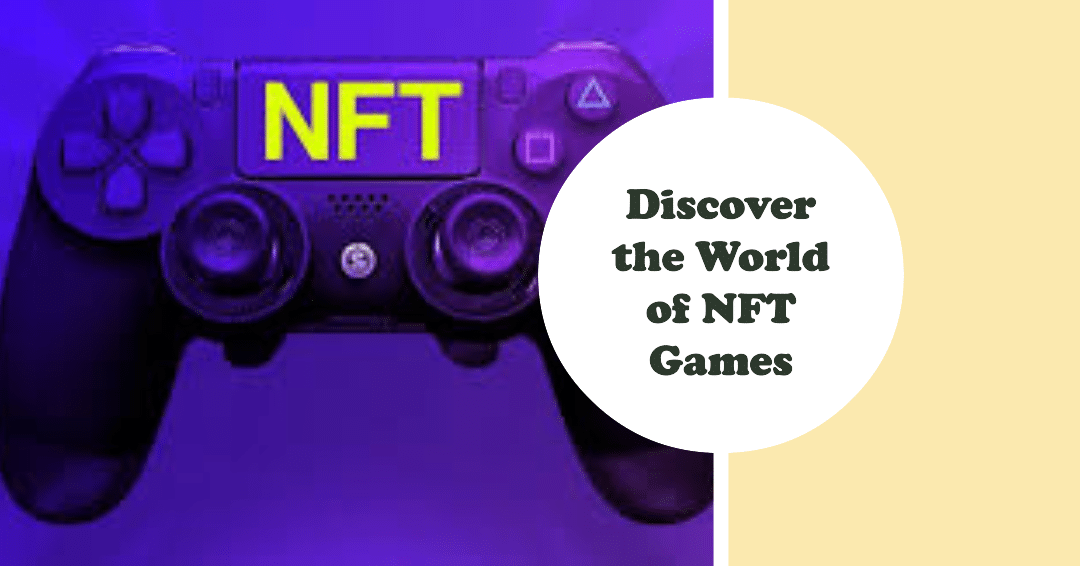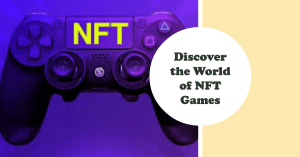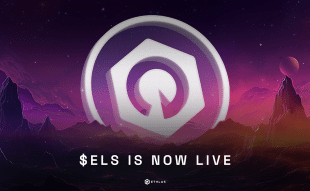Join Our Telegram channel to stay up to date on breaking news coverage
The gaming industry has undergone a significant transformation since the rise of play-to-earn (P2E) gaming, which leverages non-fungible token collections to incentivize players. But have you ever wondered how this new form of gaming works? In this article, we shall explain in-depth how it works.
Ever wondered how blockchain games work?
In today's video, we'll explain the workings of these games and explore the differences between partially and fully on-chain games.
Watch the full video: https://t.co/3dUVzPaQsv pic.twitter.com/LOrWrqNfNm
— CoinGecko (@coingecko) May 27, 2024
What Is NFT Gaming?
Launched sometime in 2021, NFT gaming is a new type of gaming similar to traditional video games, where players used to sell, trade, and buy items for in-game currency. NFT games allow players to transfer their earnings to other games and exchange them with other players with crypto assets.
NFT games leverage the capabilities of non-fungible tokens to provide the foundation for how players interact, the rules, and how players move in the game. Users who play an NFT game might use NFTs to create a character or find, create, buy, or trade NFTs within the gameplay.
NFT games differ from many traditional video games. Unlike traditional games, where players used to spend countless hours without tangible rewards, NFT games let players earn NFTs and trade them within the game or exchange them for real-world money.
NFT gaming has many advantages, including empowering players by providing them with a tangible incentive to invest their time and effort into gameplay, fostering strong communities of like-minded players who share a common interest in the game and its ecosystem and offering new revenue streams and economic opportunities.
For the past three years, NFT Gaming has gained massive popularity among intrigued gamers and non-gamers due to its novel design and unique profit opportunities. Nonetheless, have you ever wondered how blockchain-based gaming works? CoinGecko has unlocked this puzzle.
How Does NFT Gaming Work?
In a three-minute video, CoinGecko, an on-chain crypto market aggregator and a multi-chain non-fungible token explorer, explains in depth the workings of non-fungible token games and explores the differences between partially and fully on-chain games.
The multi-chain NFT explorer has revealed that many famous non-fungible token games are not fully but partly on-chain, with only a few elements stored on-chain. These features can include high scores, game achievements, in-game items represented as NFTs and the game’s logic and infrastructure.
CoinGecko has noted that creating a fully on-chain game is challenging, citing that blockchains are far too slow and clunky to deliver a seamless gaming experience. The crypto firm has further explained that current blockchain networks cannot withhold game features, given that many games have sprawling open worlds, ultra-realistic graphics and complex logic interactions.
Thanks to Web2.5, the best of both digital and traditional worlds has successfully been offered. Web2.5 offers trustless ownership for elements and assets and a butter-smooth gaming performance similar to that of traditional games. Some examples of hybrid NFT games include Aurory, Gods Unchained, StepN, and Axie Infinity.
Related NFT News:
- Yes, NFTs Are Down In Sales, But Not Dead – Here’s The 10 Top Selling NFTs This Week
- Exciting News For NFT Artists As Cool Cats Launches Art Contest 2024
- Guild Of Guardians NFT Sales Pump 163% Today – Becomes The Second Most-Selling NFT Collection
Best Wallet - Diversify Your Crypto Portfolio
- Easy to Use, Feature-Driven Crypto Wallet
- Get Early Access to Upcoming Token ICOs
- Multi-Chain, Multi-Wallet, Non-Custodial
- Now On App Store, Google Play
- Stake To Earn Native Token $BEST
- 250,000+ Monthly Active Users
Join Our Telegram channel to stay up to date on breaking news coverage


